
Net-Zero 2050 Education & Training
ARA NET-ZERO MASTERCLASS SERIES
Last year, the ARA launched our Net-zero Roadmap for the Australian retail sector and our pledge to become an accelerator for the UN-backed Race to Zero campaign. This Net-zero Roadmap calls on the Australian retail sector to take ambitious climate action to achieve net-zero emissions by 2050.
The ARA is committed to helping Australian retailers achieve this ambitious target, but we know that finding the time to understand complex climate change terminology alongside the day to day running of a retail business is a challenging task.
That’s why we have developed our Net-Zero Education Program to help your business move beyond words and into action.
On-demand webinars to help you understand and apply climate action in your business, featuring leading climate advisors and ARA member case studies

Module 1
Net Zero Foundations
The transition to net zero is going to impact every industry and country. Before we get into the details of ‘how’, we’ll review the ‘why’ – the current science and global political commitments and what that means at a strategic level within your business.
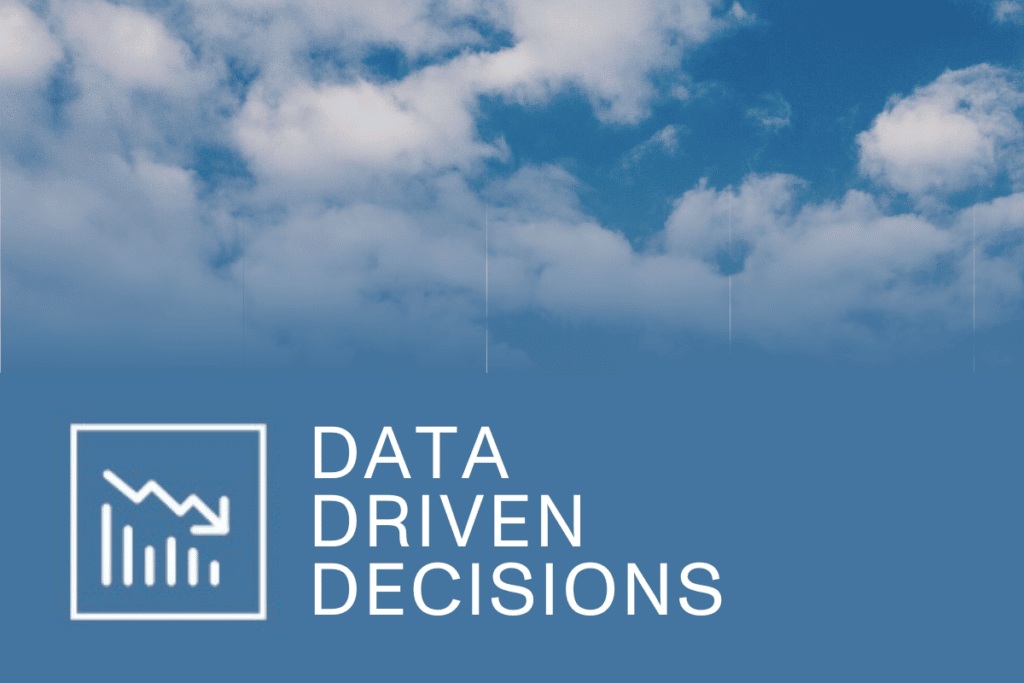
Module 2
Data Driven Decisions
Understanding your emissions is the first step to reducing your footprint. Once a baseline is established, focusing on the biggest contributors, the level of ambition to reduce emissions will inform the short and long term targets for emissions reduction.
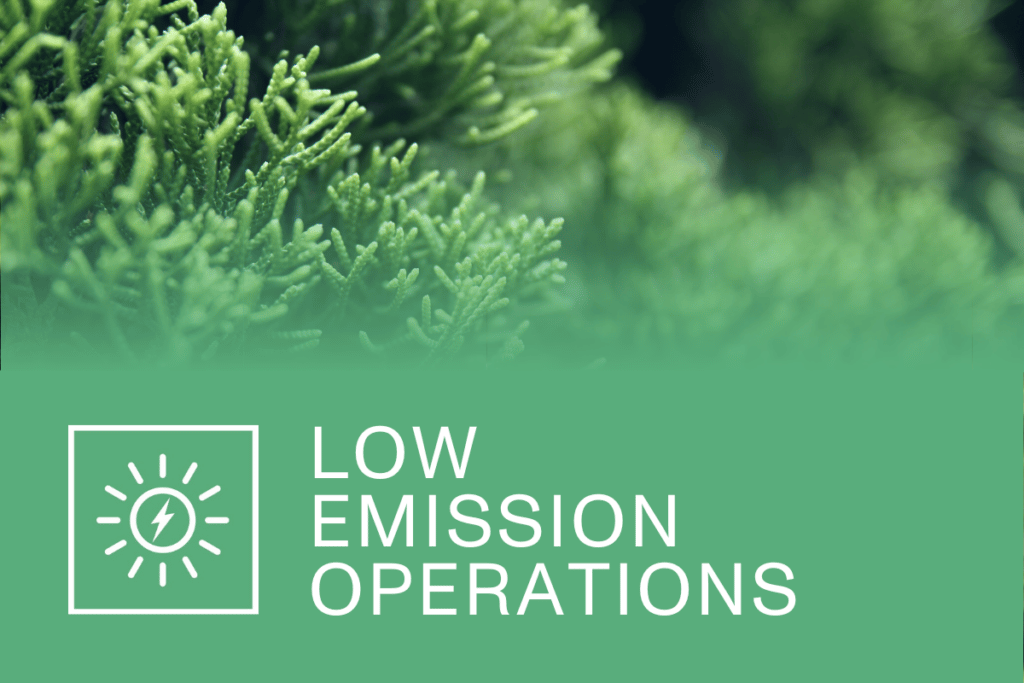
Module 3
Low Emissions Operations
A key emissions reduction focus for retailers is energy use in their operational premises, including using it more efficiently, switching to low carbon energy sources and buying offsets.
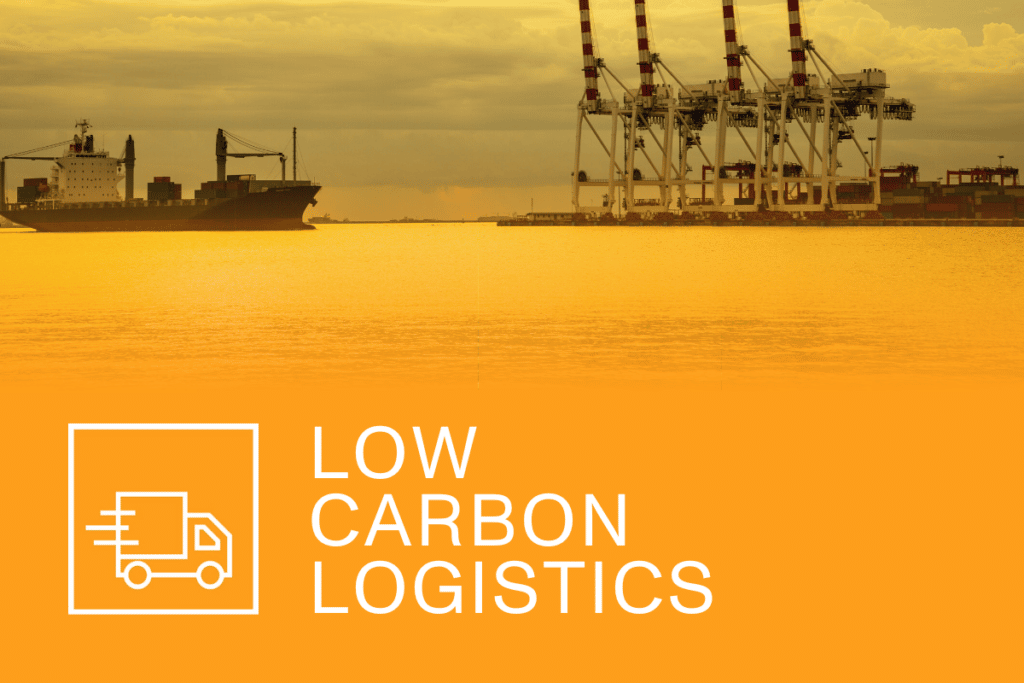
Module 4
Low Carbon Logistics
Transport and freight are another major contributor to most retailers’ footprint. There are a number of strategies to improve vehicle efficiency and switch to low-carbon technologies, both within owned fleet and third party providers.
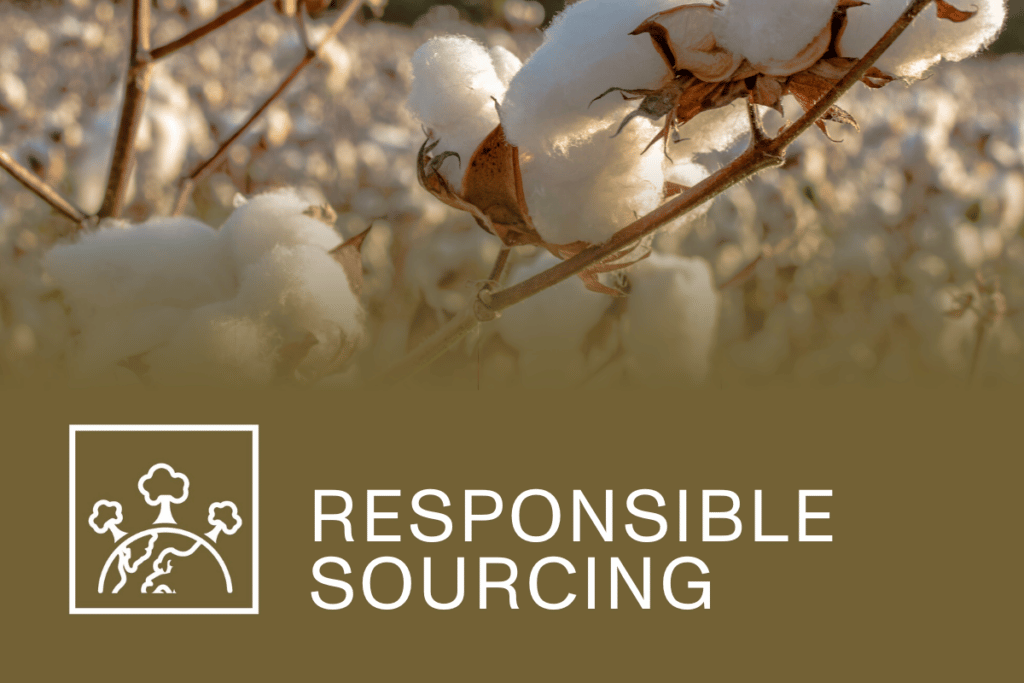
Module 5
Responsible Sourcing
While they are often out of direct control, supply chain emissions are generally the largest contributor of emissions for the retail industry and critical to collectively reaching net zero. Address supply chain emissions through product design, sourcing considerations and supplier engagement.
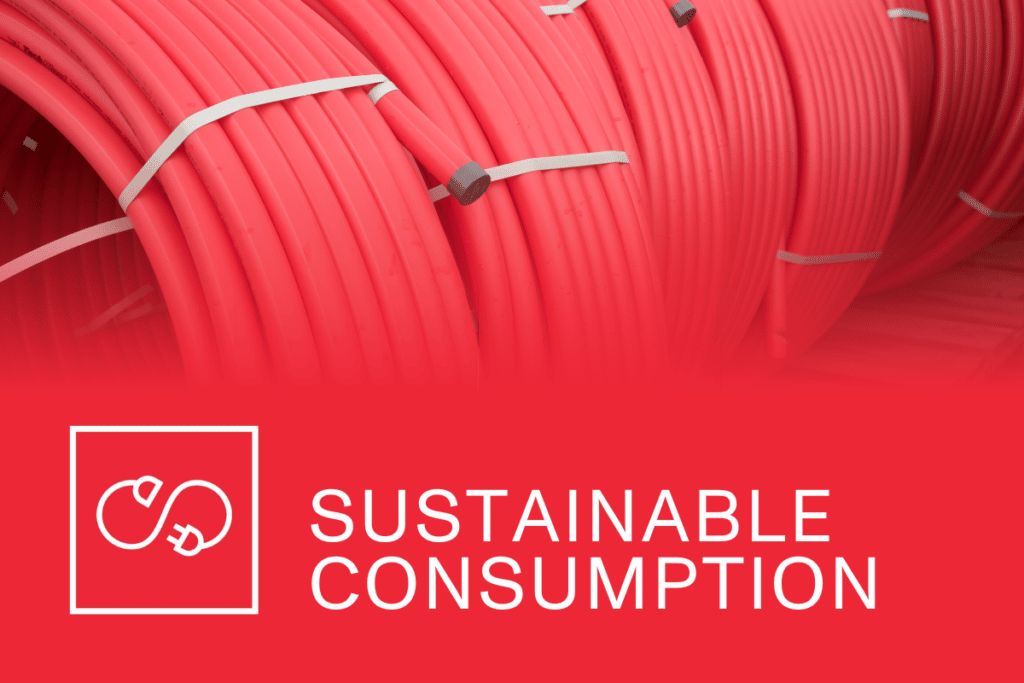
Module 6
Sustainable Consumption
An effective communications strategy provides an important avenue to convey your sustainability commitments, galvanise action and provide tools for change, both internally and externally.




















